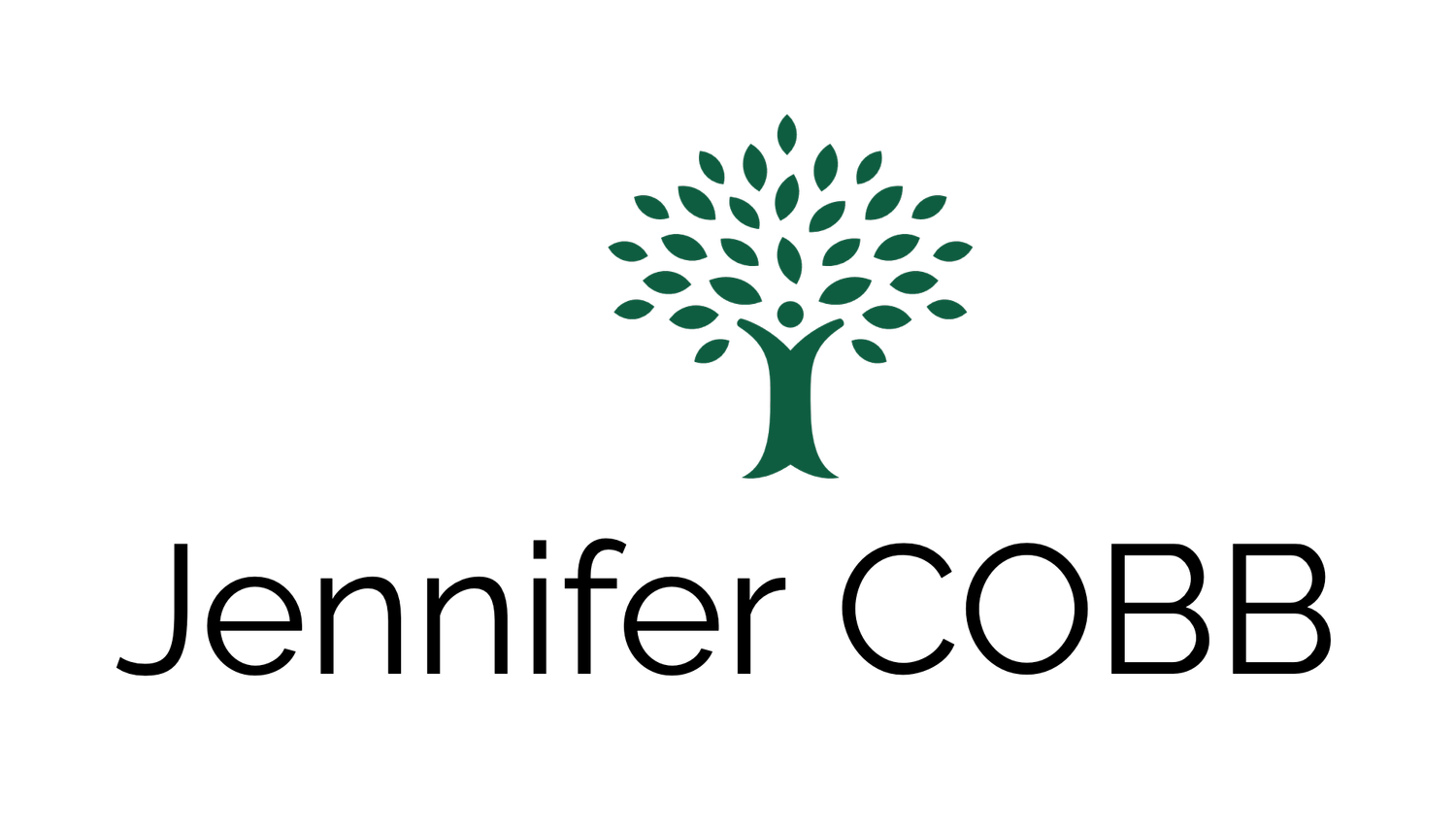Social Media and the Poverty of Ideas: New Forms for New Ideas
The saying that “everything that is old is new again” has particular resonance as we stand in the midst of historic political gridlock and renewed economic shocks. It feels like we are re-entering a pre-Enlightenment land of superstition and orthodoxy, a land where we have no appetite for civil dialogue and debate. This is the conclusion of Neal Gaebler, writing in the New York Times, who pronounces that we now live in a “post-idea” world. Gaebler writes, “Ideas just aren’t what they used to be. Once upon a time, they could ignite fires of debate, stimulate other thoughts, incite revolutions and fundamentally change the ways we look at and think about the world.”
Gaebler argues that a significant reason for this poverty of ideas is that we are so plugged into consuming trivia produced in the cybersphere that we have lost our capacity to consume and process more substantive ideas. The only information that gets through are slogans that people latch onto with great vigor – “the only good government is no government”, “lipstick on a pig”, “more taxes equal fewer jobs”. These slogans proliferate in the fertile medium of networked information technology, whose structure is ideal for the rapid spread of quick sound bites.
In the “information age” ideas buzz along through the culture, gathering strength and then fading in rapid cycles of emerging and dissolving. Because this ecosystem is essentially a vast democracy where people vote with their tastes, impulses and desires, there is a tendency for the mundane and the trivial to be amplified. This is the dark side of the promise of global communication. Democratized information has delivered an experience where the lowest common denominator seems to win. No big surprise, but democratized information seems to fall prey to some of the same problems as democracy itself.
As a political system, democracy works best when the electorate is actively engaged. When the government makes it too easy for us, the electorate will tend to retreat into their quotidian affairs. That is one of the ironies of democracy – the better the government does its job, the less we seem to care about the political process. As the electorate retreats, the government becomes less participatory and responsive, more authoritarian and corrupt. Tocqueville articulated just this concern so many years ago. He worried about complacent citizens who would retreat into their own domestic lives, nurturing their simple pleasures (“les petits et vulgaires plaisirs”) and abdicating their role as active participants in government.
Is this what we are now seeing? While public debate and dialogue retreat from view, we hole up with our screens and follow trivia all day? It is hard to argue that the reason for the retreat is that government is doing its job too well at the moment. But it could be that democratized information technology is doing its job too well. As a culture, we have spent much of our innovation capital to create technologies that are so easy to use – both for consumers and purveyors of information -- that we are lulled into consumption patterns that make it difficult for us to consume deep ideas. Our intellectual laziness is nurtured by the profit motive. Technological innovation makes money. Political innovation does not. But the technological genie is out of the bottle and there is no going back. Given the strong technical, social and economic forces that seem to discourage the production and spread of big ideas, is there any reason for hope?
Big ideas have always been birthed by individuals or small groups of people. Often by elites. Think about one of the most widespread sources of big ideas today – TED. TED is a highly edited, very competitive structure designed to locate and elevate the work of individuals and their ideas. These ideas are sourced democratically – from the masses, as it were. But they are selected through a highly hierarchical system that is relatively opaque from the outside. TED relies on a strong editorial function.
Anyone can compete for a spot on the TED stage. And these days, TEDx conferences, organized by local groups, are springing up all over the world. The TED organization has created a brilliant platform for the distribution of those ideas, using Information Communications Technologies as a powerful means for extending content and building community. They have managed to marry selectivity with access and create a gatekeeping structure through which the best make it the main event – an elite and expensive conference for thought leaders from key industries. And, by the way, TED has a pretty healthy revenue stream which is one small counter-argument to the hypothesis that big ideas are DOA.
The framework for thinking about information technology, ideas and the democratization of information is not that it is a hopeless mass of trivia guided by superstition and orthodoxy. A more useful lens may be evolution. In a seething pool of memes, new forms will continually arise, seeking to thrive and evolve further. And in many ways, evolutionary forces have a strong editorial hand – the best forms thrive while the weak die off. But because this particular evolutionary soup is made up of us – our hopes and dreams and what we ate for breakfast – it is up to us to nurture those forms that support the values we care about. When our government is in gridlock, when our financial wealth is concentrated in the hands of far too few, when the private sector is driven by short-term profits, what informational structures do we need for the identification and spread of ideas?
That is a question for us to answer. We live in a time when there are no masters. Instead we live in a world of consumers and designers. And they are us. Some of us have a strong appetite for pluralism and intellectual creativity. We welcome dialogue and debate. We value ideas apart from their potential to be monetized. It is our responsibility to design structures that nurture the creation and dissemination of ideas that make a difference. To do this well, we need to begin with a hard headed understanding of the context within which we are designing. That context is a vast, noisy, fast-moving ecosystem of information. The context is global and hugely democratized. And the elements that we will need to leverage in our design process are those that appeal to our creativity and imagination, that make us feel inspired and engaged. Let’s challenge ourselves to think of new models that celebrate ideas, even when the dominant news media tell us that ideas are dead. We know better.





